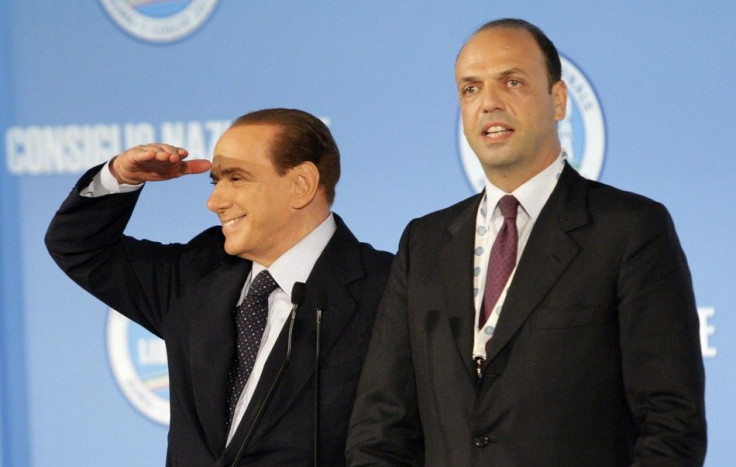Italian Borrowing Costs Surge to Dangerous Levels

One day after Prime Minister Silvio Berlusconi agreed to step down once budget reforms are approved, the yield on 10-Year Italian bonds jumped above 7 percent level – a record high during the euro era and the ‘danger point’ at which debt is considered unsustainable, leading to either a financial collapse or a bailout.
Portugal, Ireland and Greece all were forced to accept a rescue package once their national bonds reached that emergency yield.
Moreover, Italy has to roll over more than 360 billion euros ($491 billion) of debt in 2012.
Robert Peston, BBC’s business editor, commented: No one wants to lend to a country when that country would use the loan to pay the interest on previous loans - that's throwing good money after bad. When the implicit interest rate rises to that kind of level, investors know that a country with big debts can't afford to repay what it owes.”
In response, major European stock indices are down between 2.2 percent and 2.9 percent over renewed fears that Italy’s fiscal woes are only worsening. Banks with heavy exposure to Greek and Italian debt are incurring the heaviest losses.
European economist Raj Badiani at IHS Global Insight London, said: “A prolonged period of 10-year bond yields in excess of 7.0 percent alongside a faltering economy is a dangerous mix, and could send Italy's debt dynamics lurching towards an unsustainable and ultimately insolvent position. However, we continue to argue that Italy remains solvent, and that it can survive several quarters of expensive debt auctions. Italy still has several important supports.”
Officials from the European Union (EU) are due to arrive in Rome on Wednesday to monitor a problem that EU Economic Affairs Commissioner Olli Rehn described as very worrisome.
Meanwhile, Berlusconi reportedly wants to call new elections whereby his hand-picked successor, Angelino Alfano, his former justice minister, will run as a candidate.
I won't run, actually I feel liberated, Berlusconi told the newspaper La Stampa. It's Alfano's turn.
However, before that can happen, the country’s president Giorgio Napolitano would have to quickly form an interim government. It is unclear if he wants the interim administration to be dominated by technocrats or traditional politicians during a period where the austerity program will have to be imposed.
Eoin Ryan, an analyst at IHS Global Insight in London, commented: “The real danger is that [Italy] will drift rudderless and without proper leadership for weeks if not months while politicians negotiate the future course.”
Ryan added: “Elections are not automatic and it is still unclear whether a new coalition will try to take power or if a broad-based technical government could take shape.”
© Copyright IBTimes 2024. All rights reserved.





















